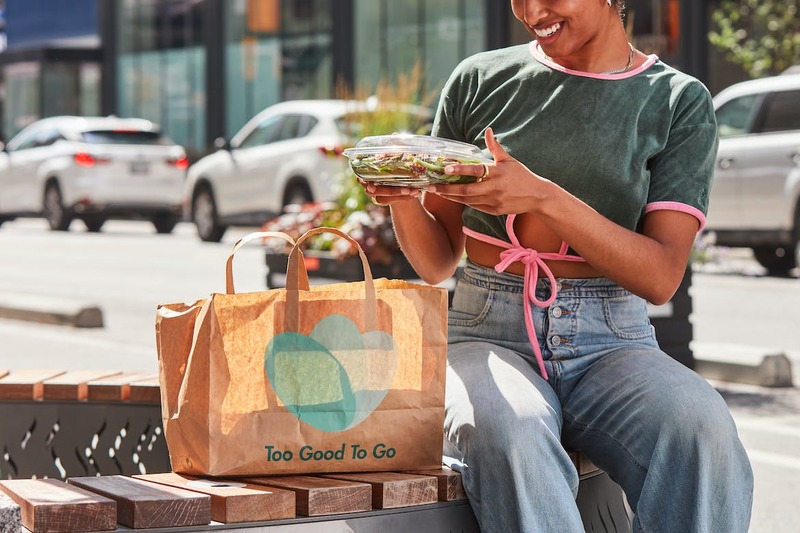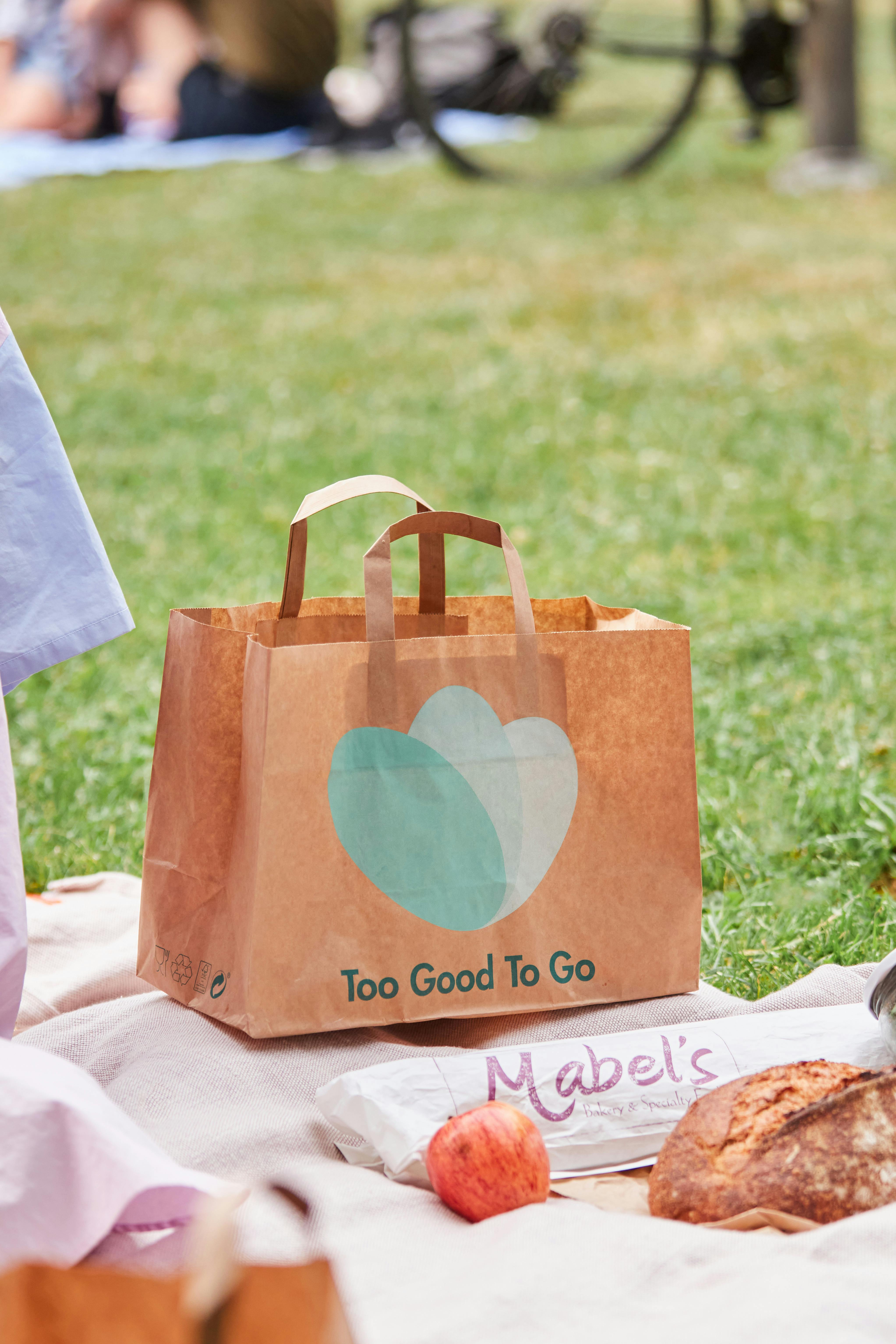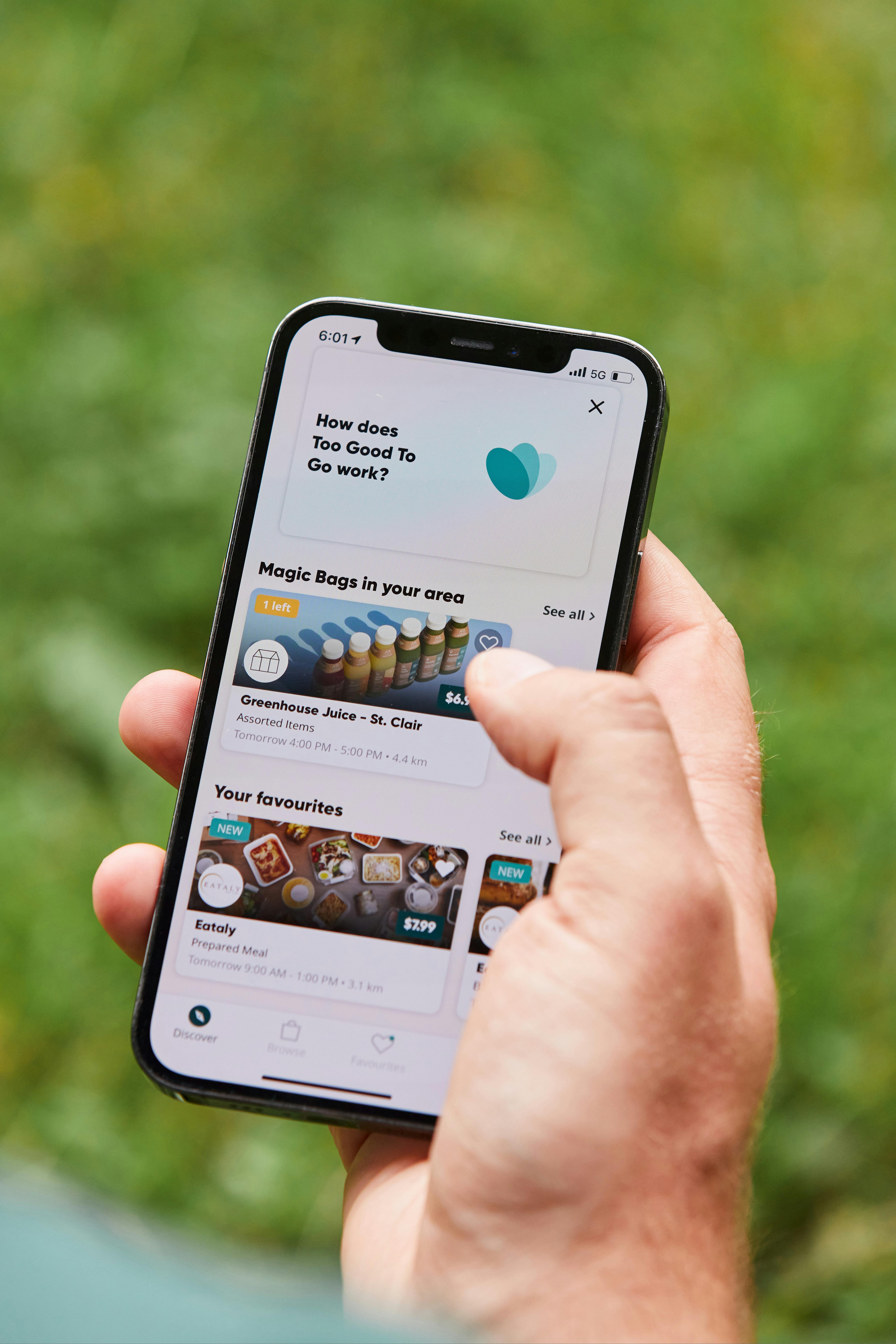
A globally-recognized app has recently launched in Canada with the goal to reduce food waste at some of Toronto’s most beloved neighbourhood spots.
Too Good To Go (TGTG) launched in Toronto in July 2021, marking the company’s first venture into Canada. Since then, the company has also expanded to Vancouver, with plans to also enter other Canadian cities in the near future. The model, according to Sam Kashani––the country manager for the Canadian branch of TGTG––is to empower the people to do their part and join the fight against food waste in their communities.
“That’s really central to what we do and what we aspire to do, not only in Canada, but around the world,” says Kashani. “Essentially what our platform is, is our app [which] connects consumers with stores that have surplus food at the end of the day.”

In Canada, about 2.2 million tonnes of edible food is wasted every year, which costs Canadians approximately $17 billion in excess, according to research done by the National Zero Waste Council. Besides its economical impact, food waste has a detrimental effect on the environment as well; edible food that goes in the trash eventually ends up in crowded landfills, which over time, contribute to the production of methane.
Fruits and vegetables are among the most wasted foods in Canada, and in Toronto, approximately 19 per cent of that waste occurs in grocery stores and the food service industry, according to a 2018 Ryerson University report. These two sectors of the food system in Canada are what TGTG is aiming to tackle, by bridging hungry consumers with overstocked restaurants and grocers.
“If you think of a local pizza shop… when the pizza shop opens for the day, they don’t know exactly how many slices they’re going to sell that day. Despite their best efforts to match supply and demand, they’re usually going to have some surplus,” says Kashani.
The TGTG app partners with some of Toronto’s premier grocery stores, popular food brands and restaurants to minimize their food waste by flipping their would-be throwaway food to specialized “surprise bags” for customers to purchase at a lower price point. This way, the establishment is still able to sell fresh food and make some money, while the customer gets a bag of fresh food at an incredibly lower price.
“The store ultimately wins in that they recoup the costs, they drive incremental revenue, they drive incremental footfall and they avoid throwing food out,” says Kashani. “You and I, the consumers, we go in and get delicious food for a fraction of the cost. It’s a great value.”

Aside from food waste in grocery stores and restaurants, Kashani asserts that TGTG aims to do more to fight food waste, most notably consumer education.
“We’re a social impact company. Our vision is to continue to further this movement through a lot of different avenues,” he says.
In Canada, more than 50 per cent of food produced is wasted, with 63 per cent of that thrown out food being completely fine to eat. This is a statistic Kashani references, and one that he says, drives TGTG to continue their work in multiple streams to spread awareness of the food waste issue in Canada.
Whether it’s providing recipes, environmentally-conscious ideas, clever tips and tricks to reduce your food waste footprint, TGTG is hoping to be a one-stop shop for all things food waste. On top of that, the company also plans to work with other public institutions, including schools, as well as other businesses, to further the conversation about food waste through education and advocacy.
“[We want to] work across that value chain… to ensure that awareness is top of mind, but also processes and policies are in place.”
Currently, TGTG has over 300 active partners in Toronto, and the number of vendors that are combating food waste continues to grow every day. The company, most recently, launched in Vancouver, which Kashani notes was the “fastest growth we’ve seen” at over 100 partners in just 15 days. Kashani also says that the team is already planning to launch in Montreal very soon, with a slew of other Canadian cities on the way as well.
“We’ll continue to expand the movement to make sure that we’re giving the tools to Canadians to combat and fight food waste.”










